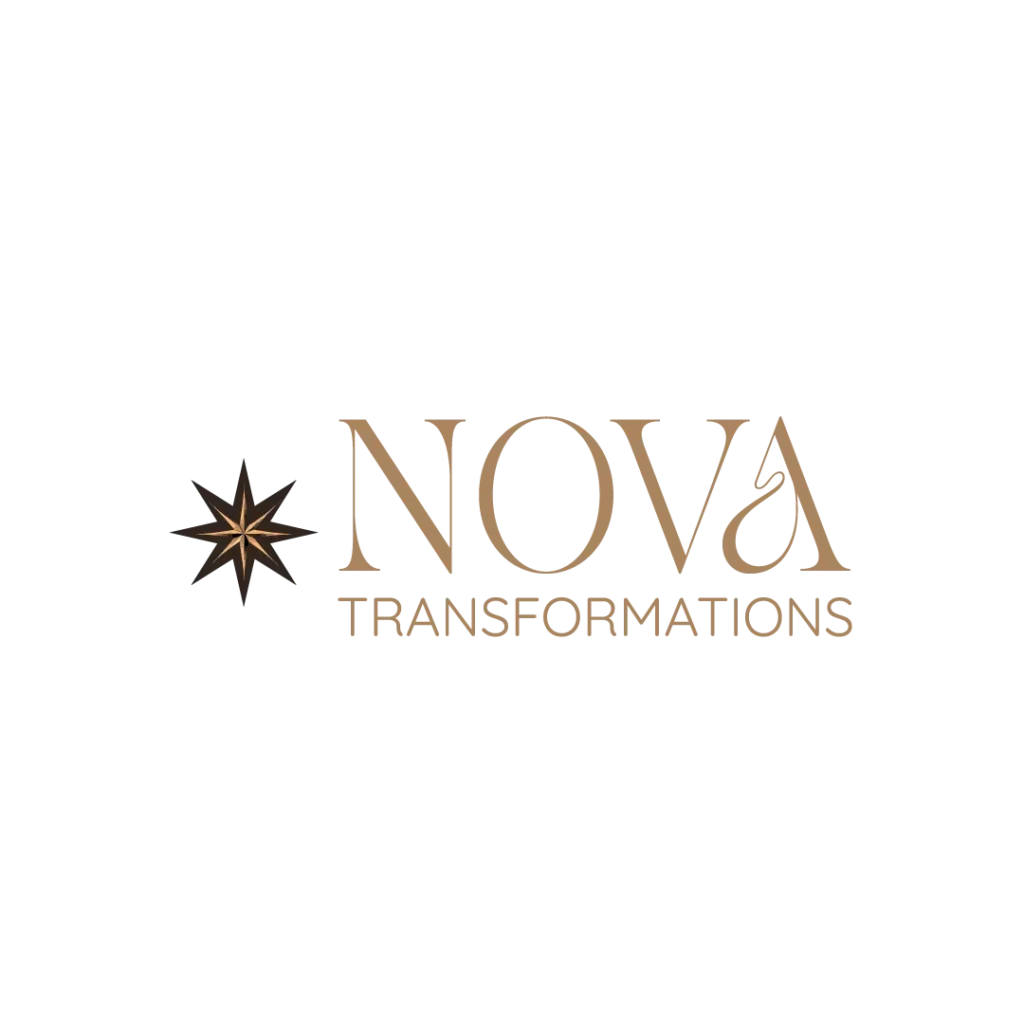Understanding Substance Use Disorders
Statistics and Trends
Substance use disorders are an increasing concern in the United States. In 2020, the SAMHSA National Helpline received 833,598 calls, representing a 27 percent increase from the previous year when it received 656,953 calls (SAMHSA). This trend underscores the growing prevalence of addiction and the urgent need for effective treatment options.
| Year | Total Calls to SAMHSA Helpline |
|---|---|
| 2019 | 656,953 |
| 2020 | 833,598 |
One significant statistic to note is that men are more likely to use illicit drugs, and they tend to develop a dependence at higher rates compared to women. This pattern highlights the necessity for targeted addiction treatment focused on male clients.
Gender Disparities in Substance Use
Understanding gender disparities in substance use is essential for tailoring effective treatment strategies. Men use alcohol and drugs more frequently and in greater quantities than women. American men are two to five times more likely to develop a substance use disorder compared to women globally (NCBI Bookshelf). Additionally, men generally begin using these substances at an earlier age.
The prevalence of substance use disorders among men is significant, as illustrated in a 2006 report showing that 68.2% of admissions to substance abuse treatment programs funded by state agencies were men. This statistic reflects the specific challenges faced by men and the need for tailored treatment approaches, like those offered at Nova Transformations.
By understanding these statistics and gender dynamics, you or a loved one can make informed decisions about seeking help for addiction. With programs designed specifically for male addiction treatment, Nova Transformations is positioned to address the unique needs and challenges faced by men in recovery. For more information on the range of treatments available, explore our alcohol addiction treatment and cocaine addiction treatment options.
Unique Challenges for Men in Recovery
Navigating through recovery can be particularly challenging for men due to various unique factors. Understanding these challenges can help you or your loved one make informed decisions when seeking effective treatment.
Impacts of Societal Pressures
Men often face societal pressures to conform to traditional masculinity norms. This includes ideals such as dealing with problems independently and avoiding help from others, which can create barriers to seeking support for substance use issues. The intense stigma surrounding mental health and addiction makes it especially difficult for men to ask for help. According to New Origins, it is crucial to eliminate these societal pressures to facilitate access to treatments tailored specifically for men.
| Societal Pressures | Impact |
|---|---|
| Expectations to conform to traditional masculinity | Reluctance to seek help |
| Stigma regarding mental health | Increased isolation |
| Perceived need to handle problems alone | Delayed treatment access |
Co-Occurring Mental Health Disorders
Another significant hurdle in recovery for men is the prevalence of co-occurring mental health disorders alongside substance use disorders. Approximately 8.4% of individuals diagnosed with either a mental health or substance use disorder experience co-occurring conditions, thereby necessitating specialized treatment strategies to address both issues effectively (New Origins).
The complexity of emotional dysregulation can further complicate recovery efforts. Here’s a breakdown of the relationship between co-occurring disorders and their impact on recovery:
| Co-Occurring Issues | Percentage Affected |
|---|---|
| Mental Health Disorder + Substance Use Disorder | 8.4% |
| Emotional Dysregulation | Complicates recovery |
Understanding these challenges can lead to more effective treatment plans. Programs like those at Nova transformations incorporate gender-specific strategies to cater to the unique needs of men, ensuring they receive comprehensive care focused on recovery.
For further insights, explore treatment options available for various addictions, including alcohol addiction treatment and opioid addiction program.
Tailored Treatment Approaches for Men
Successfully addressing addiction requires specialized approaches, especially for men. At Nova Transformations, understanding your needs is vital in creating a supportive and effective treatment journey. Two critical aspects of this process are gender-responsive care and the integration of behavioral therapies.
Importance of Gender-Responsive Care
Gender-responsive care is essential for effective addiction treatment since men and women often require different forms of support. This approach tailors treatment to the unique experiences and challenges faced by men, helping them break down emotional barriers and develop vital communication skills.
Specific strategies for male addiction treatment may include:
- Promoting Open Communication: Encouraging emotional expression and vulnerability within a male-centric space helps in addressing common issues related to substance use.
- Stress and Trigger Management: Providing tools to better handle stressful situations and avoid triggers that may lead to relapse.
- Building a Peer Network: Creating a supportive community that fosters camaraderie and accountability among men in recovery.
This personalized approach improves the chances of long-term recovery.
Integration of Behavioral Therapies
Behavioral therapies are a cornerstone of effective addiction treatment, particularly in modifying attitudes and behaviors related to substance use. These therapies not only help you manage cravings but also work on enhancing coping mechanisms for stress and triggers, which are paramount in avoiding relapse (National Institute on Drug Abuse).
Some key components of behavioral therapies include:
- Cognitive Behavioral Therapy (CBT): This method helps identify and change negative thought patterns that contribute to addiction.
- Motivational Interviewing (MI): This technique enhances motivation to change by exploring and resolving ambivalence about drug use.
- Life Skills Training: Teaching essential life skills can empower you to manage daily challenges without relying on substances.
The comprehensive nature of these programs ensures that all aspects of your life — medical, mental, social, and legal — are addressed, creating a robust foundation for recovery (National Institute on Drug Abuse).
At Nova Transformations, the combination of gender-responsive care and integration of behavioral therapies provides a solid framework for men’s addiction treatment, ensuring that you receive the support best suited to your unique needs. For more about our specialized programs, explore our services in alcohol addiction treatment, cocaine addiction treatment, or opioid addiction programs.
Nova Transformations: A Comprehensive Approach
At Nova Transformations, you will find a comprehensive approach aimed at effectively addressing male addiction treatment. This includes specialized programs designed to support individuals in their journey toward recovery, focusing on detoxification, rehabilitation, and gender-specific support.
Detoxification Programs
Detoxification is often the first step in addiction treatment. At Nova, the detox programs are tailored to safely manage withdrawal symptoms while providing necessary medical assistance. These programs recognize the need for a comfortable environment that alleviates the stress associated with detoxification.
| Program Features | Benefits |
|---|---|
| Medical supervision | Safer withdrawal process |
| Personalized care plans | Addresses unique needs |
| Nutritional support | Aids in physical recovery |
For those struggling with opioid or alcohol dependencies, effective detox may involve medication-assisted treatment as part of a larger plan.
Rehabilitation Services
Once detoxification is complete, the next phase is rehabilitation. Nova’s rehabilitation services focus on a variety of evidence-based therapies that not only address addiction but also integrate mental health care. Their approach aligns with the understanding that effective treatment must tackle comprehensive patient needs beyond merely stopping drug use.
| Service Type | Description |
|---|---|
| Behavioral Therapies | Includes cognitive behavioral therapy and mindfulness techniques |
| Group Therapy | Builds peer support networks crucial for recovery |
| Family Support | Engages family in the healing process |
This ensures that both the psychological and social aspects of addiction are addressed, increasing the likelihood of long-term recovery.
Gender-Specific Support Programs
Understanding that men and women often face different challenges in addiction recovery, Nova emphasizes gender-responsive care. Their gender-specific support programs adapt treatment approaches to meet the unique needs of male clients. This includes fostering an environment that encourages open communication and emotional expression, which are essential elements in men’s recovery journeys (Ashley Addiction Treatment).
| Program Focus | Objectives |
|---|---|
| Male Peer Support | Strengthens recovery through shared experiences |
| Relapse Prevention Strategies | Develops coping skills for triggers |
| Topics Addressed | Stress management, rebuilding relationships |
By integrating these specialized programs, Nova Transformations aims to empower men in their recovery, promoting healthier lifestyles and supportive relationships. If you want to explore more about how to assist in the recovery process, check out additional resources such as dual diagnosis mental health and addiction and family support therapy addiction.
Overcoming Barriers to Treatment
Addressing barriers to treatment for addiction is vital, especially for men who often face unique challenges in seeking help. In this section, we will discuss prevalent stigma and misconceptions surrounding male addiction treatment and the need for tailored male-centric support.
Addressing Stigma and Misconceptions
Stigma surrounding addiction continues to pose significant barriers for men seeking treatment. Many men are socialized to believe they should handle problems on their own, adhering to traditional masculinity norms that discourage vulnerability. This leads to several misconceptions:
- Not Needing Treatment: Some men do not recognize the severity of their addiction and feel they can manage it independently.
- Embarrassment: Seeking help may be viewed as a sign of weakness, causing feelings of shame or embarrassment.
- Fear of Societal Judgment: Concerns about how others will perceive their treatment can further deter men from seeking the help they need.
Eliminating these societal pressures is essential for encouraging men to access male addiction treatment. Understanding these barriers enables treatment providers to create an environment that promotes openness and acceptance.
Providing Male-Centric Support
To effectively support men in recovery, treatment programs must acknowledge and address the specific pressures they face. Male-centric support encompasses tailored therapeutic approaches and a deeper understanding of the unique challenges men encounter in addiction.
It’s important that counselors and treatment providers:
- Recognize Ambivalence: Men may be ambivalent about seeking help for behavioral health problems. Understanding their hesitations and addressing these concerns compassionately can help bridge the gap to treatment.
- Avoid Confrontation: Techniques focusing on free choice and positive reinforcement rather than confrontational methods can encourage men to engage in the treatment process more willingly.
- Reflect on Biases: Clinicians must investigate their own biases about gender to provide effective treatment that does not perpetuate stereotypes.
By providing support that recognizes men’s specific needs and addressing the stigma around seeking help, facilities like Nova Transformations aim to foster an inclusive approach for recovery. Partnering with addiction programs ensures that you or your loved one can access the addiction treatment services necessary for a successful recovery journey. For further resources, explore our offerings such as alcohol addiction treatment and opioid addiction programs.
Building a Supportive Recovery Network
Creating a strong support network is essential for anyone in recovery from substance use disorders. At Nova Transformations, you can find various resources that will help you or your loved one navigate the path to sobriety successfully.
Role of Social Support in Recovery
Social support plays a critical role in recovery. Research has shown that greater social support is linked to lower substance use rates after treatment, higher treatment retention, and improved self-efficacy regarding abstinence. This support can come from family members, friends, and peers who understand the struggles of addiction and recovery.
Key Benefits of Social Support:
| Benefit | Description |
|---|---|
| Lower Substance Use Rates | Individuals with strong social support systems often have lower rates of substance use after treatment. |
| Higher Treatment Retention | Support from family and peers can encourage ongoing participation in treatment programs. |
| Boosted Self-Efficacy | Feeling supported helps individuals believe in their ability to remain abstinent. |
Benefits of 12-Step Programs
Participation in 12-step groups, such as Alcoholics Anonymous (AA), has been shown to predict positive recovery outcomes. Regular attendance at these meetings can lead to higher abstinence rates, improved relationships, and expanded social networks over time (NCBI). These programs foster an environment of mutual support, which is vital for sustainable recovery.
Advantages of 12-Step Programs:
| Feature | Advantage |
|---|---|
| Community Support | Offers a sense of belonging among individuals facing similar challenges. |
| Accountability | Encourages members to stay accountable to their recovery goals. |
| Access to Resources | Provides information on further treatment options and recovery resources. |
Importance of Recovery Homes
Recovery homes, like Oxford Houses, create a supportive living environment for individuals in recovery. These homes offer a community of peers who are also working through their recovery journeys. The presence of peers in one’s circle has been shown to act as a protective factor against relapse (NCBI). They enhance social connections, which can significantly improve the chance of long-term sobriety.
Benefits of Recovery Homes:
| Feature | Benefit |
|---|---|
| Enhanced Social Support | Living with fellow recovering individuals fosters connections and mutual encouragement. |
| Resources for Recovery | Often provide access to additional resources like therapy and workshops. |
| Structured Environment | Offers a stable living situation conducive to recovery, minimizing triggers associated with substance use. |
At Nova Transformations, you can tap into a range of support options that prioritize the needs of men in recovery. Through social support, 12-step programs, and recovery homes, you can build a robust network that will pave the way for a successful recovery journey. If you want to learn more about our alcohol addiction treatment, prescription drug dependency rehab, or any other services, visit our website today.








